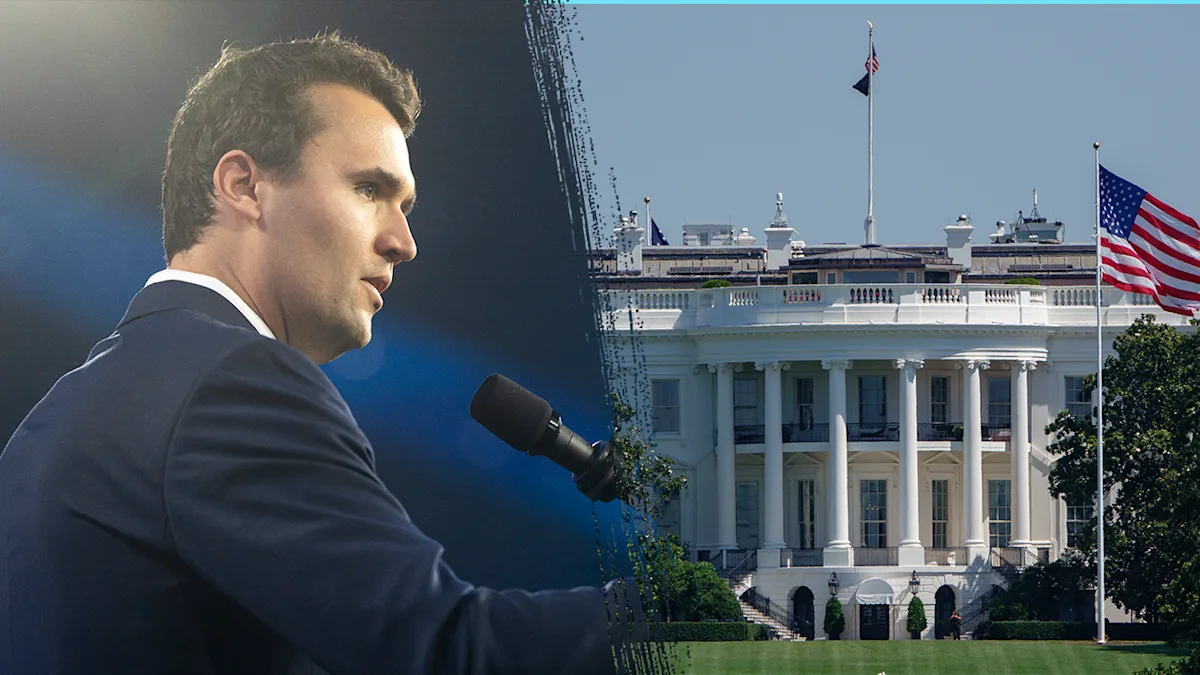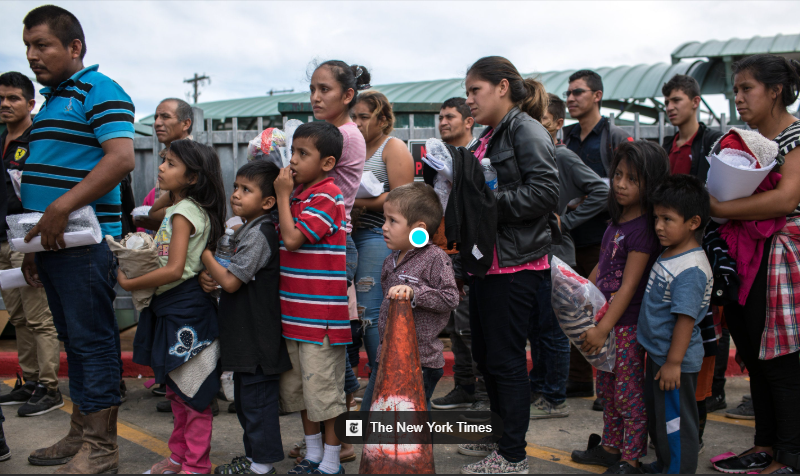Al-Qaeda Leader Calls on Muslims in America to Launch Terror Attacks, Assassinate Trump and Cabinet
A new audio message released by a senior al-Qaeda leader has ignited outrage across the political spectrum, with specific concern voiced by conservatives who accuse the Biden administration of allowing an increasingly lawless environment under weakened national security policies. In the chilling recording, the terror group’s top figure, Abu Ubaida al-Annabi, explicitly calls on Muslims in America to commit violent jihad, including the assassination of former President Donald Trump and his top advisers.
Al-Annabi, head of al-Qaeda in the Islamic Maghreb (AQIM), released the call to violence through known jihadist media channels, encouraging lone-wolf attacks and “direct action” against Trump, whom he called “the enemy of Allah.” The extremist leader blamed Trump for supporting Israel and accused him of “oppressing Muslims worldwide.” The message was not merely a general call to arms but a targeted directive advocating domestic terrorism inside the United States.
An Al-Qaeda leader named Sa'ad Bin Atef Al-Awlaki just called for Muslims living in the US to carry out JIHAD and assassinate President Donald Trump, Vice President @JDVance, @elonmusk & other US officials.
It’s time to crack down on JIHADIS in America. MASS DEPORT ALL OF THEM! pic.twitter.com/Zhz8JZTf47
— Laura Loomer (@LauraLoomer) June 10, 2025
According to translations of the recording, al-Annabi singled out not only Trump but his former Cabinet officials and allies, urging radicalized Muslims already within U.S. borders to plan and execute deadly attacks. The audio is currently under review by the FBI and other intelligence agencies. Though the White House has yet to issue an official statement, federal law enforcement sources have confirmed the threat is being treated as credible.
Conservative analysts and commentators are sounding the alarm, pointing to the Biden administration’s failure to enforce border security and its leniency in screening foreign nationals as key factors creating vulnerabilities to such threats. Former ICE Director Tom Homan warned that “the open border policies are not just reckless—they’re now a national security threat, plain and simple.”
This development comes amid a backdrop of weakened international deterrence. Since Biden took office, critics argue, American adversaries have become increasingly emboldened. From Chinese cyberattacks to Iranian proxy aggression, the perception of U.S. weakness is fueling global instability. Now, the resurgence of al-Qaeda rhetoric targeting a former U.S. president represents a disturbing new front in that escalating threat environment.
It’s worth noting that al-Annabi’s al-Qaeda affiliate is still designated a Foreign Terrorist Organization (FTO) by the U.S. State Department. His faction, AQIM, has a long history of orchestrating kidnappings, suicide bombings, and targeted assassinations across North and West Africa. Intelligence officials have long feared that a resurgence of al-Qaeda’s influence would eventually lead to calls for action against American political figures.
Those fears have now materialized.
Former President Trump, while not commenting directly on the threat, posted a message on Truth Social reaffirming his commitment to national security and calling out the current administration for failing to adequately protect the homeland. “Weakness invites violence,” Trump wrote. “America must be strong again.”
Some conservatives believe this moment should serve as a wake-up call for the American public. The notion that foreign terrorists are calling for assassinations of U.S. leaders—and doing so confidently and publicly—is a symptom of a broader decay in America’s deterrence posture.
It also raises serious questions about how domestic law enforcement agencies are allocating their resources. The Biden-era Department of Justice has faced sharp criticism for focusing more on monitoring parents at school board meetings and labeling concerned citizens as “domestic extremists” than on the real and proven threats from jihadist organizations. “While Garland’s DOJ obsesses over pronouns and political correctness, radical Islamists are planning murder,” one congressional staffer commented anonymously.
The FBI, for its part, says it is tracking radicalized individuals inside the United States who may be influenced by this message, but sources inside the bureau admit that enforcement is strained due to political pressure and reallocation of funding toward woke policy initiatives rather than traditional counterterrorism operations.
This is not the first time a foreign terrorist organization has issued a call for violence against Trump. However, the timing of this message—just as Trump gains momentum for a potential return to the White House—has many questioning whether additional actions or copycat threats could emerge in the coming months.
The Department of Homeland Security (DHS) declined to comment directly but reissued a generic advisory warning about foreign and domestic terrorism. Meanwhile, the mainstream media has largely ignored the story or buried it deep within other news segments—leading critics to accuse left-leaning outlets of deliberately downplaying threats against Trump due to political bias.
This selective media silence highlights the persistent double standard: had such a call for violence been issued against a Democrat, especially during the Trump administration, it would likely have triggered wall-to-wall coverage and urgent legislative responses.
Instead, conservative Americans are left to wonder how many more threats must be made—and potentially carried out—before the federal government rediscovers its primary duty: the protection of its citizens and elected officials.
If this terror threat proves anything, it’s that America’s enemies still see the nation as vulnerable and divided. The calls for unity and vigilance must come from leadership with the will to confront radicalism, rather than appease it. Whether or not Washington responds with seriousness remains to be seen, but patriotic Americans are demanding action—before it’s too late.





